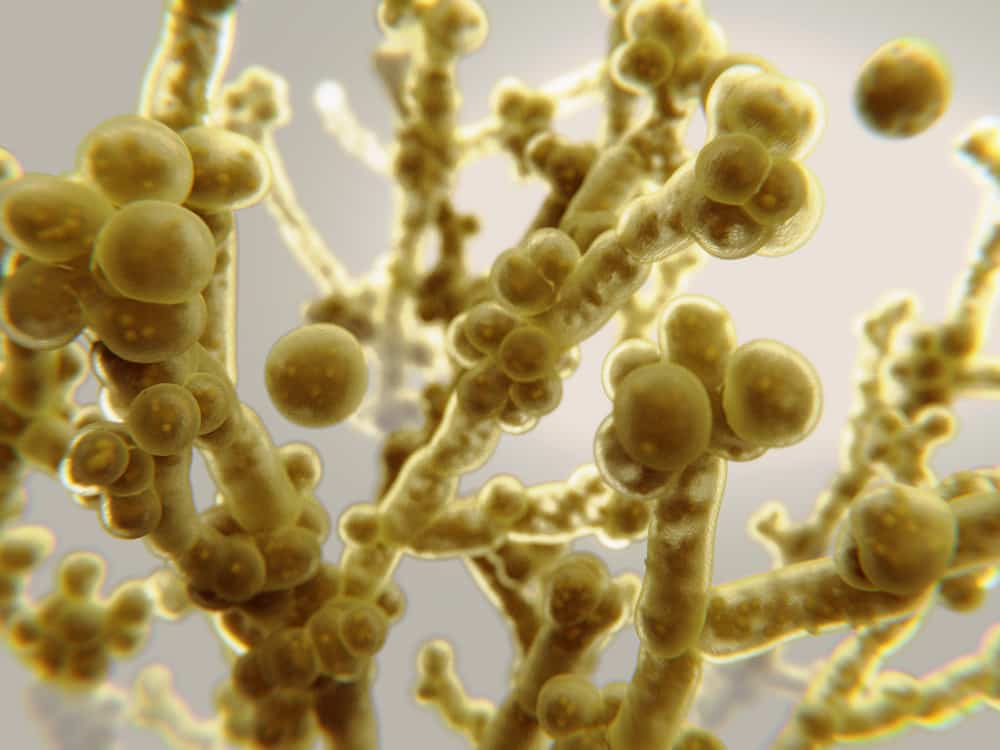Since its first reported occurrence in 2009, the fungus Candida auris quickly spread worldwide. Now it is found in more than 34 countries and is considered a global public health threat, causing serious and sometimes fatal infections. This microorganism is highly resistant to antifungal medicines, requires specialized lab equipment for identification, and is easily transmitted through person-to-person contact, contaminated medical equipment, and hard surfaces, where it can colonize for weeks. People with serious illnesses in hospitals or long-term care centers are particularly vulnerable to infection. U.S. Centers for Disease Control data indicate a fatality rate between 30 and 60 percent.
One of the mysteries of C. auris is where it came from. The fungus first appeared in hospitals without any apparent “spillover” event from animals or other natural environment. A new study, however, reported that C. auris was isolated from two locations on the remote Andaman Islands in the Indian Ocean. Genetic profiles and other tests suggested that the fungus originated from a tropical wetland environment, according to an article in Science News that is based on a research paper in mBio. This marked the first time C. auris was found in nature.

Anuradha Chowdhary, at the University of Delhi in India, led a team that sampled sediments and water at eight sites on the Andaman Islands. Of the eight sites, the researchers isolated two populations of C. auris, one from a sandy beach and the other from a salt marsh in the island’s interior. The isolates from the marsh — where there was no human activity — were genetically distinct from each other, and one of the isolates was sensitive to antifungal drugs. The isolates from the beach area (which may have had some limited human exposure) were genetically similar to each other and all were resistant to antifungal drugs.
The study indicates that C. auris may have originated from a tropical wetland and developed its antifungal resistance after contact with humans. C. auris is unlike other fungi because it can grow and survive in very warm temperatures, including the 37 °C human body. Scientists believe that increasing global temperatures due to climate change may have helped spur the fungus’s movement into human populations. Discovering the fungus in a tropical salt marsh added some evidence to this hypothesis.
Previous studies of other related Candida species have found isolates in tropical areas, especially in South and Southeast Asia. Chowdhary and her colleagues suggest that further study on the origins of C. auris should expand beyond other tropical wetlands to other regions and environments, stating “the exploration of further ecological niches will determine if new clades of C. auris exist in these natural habitats.”
Knowing where C. auris came from, how it “jumped” into humans and healthcare settings, how it developed tolerance for higher temperatures, and how it developed antifungal resistance will help scientists develop treatments that overcome resistance to anti-fungal drugs. In the meantime, researchers are examining the DNA of C. auris strains using whole genome sequencing to better understand how this germ is spreading and how to combat its spread.
Did you enjoy this blog post? Check out other relevant topics on our Webinar page: www.qps.com/videos-webinars.
QPS is a GLP- and GCP-compliant contract research organization (CRO) delivering the highest grade of discovery, preclinical and clinical drug research development services. Since 1995, it has grown from a tiny bioanalysis shop to a full-service CRO with 1,100+ employees in the U.S., Europe and Asia. Today, QPS offers expanded pharmaceutical contract R&D services with special expertise in neuropharmacology, DMPK, toxicology, bioanalysis, translational medicine and clinical development. An award-winning leader focused on bioanalytics and clinical trials, QPS is known for proven quality standards, technical expertise, a flexible approach to research, client satisfaction and turnkey laboratories and facilities. Through continual enhancements in capacities and resources, QPS stands tall in its commitment to delivering superior quality, skilled performance and trusted service to its valued customers. For more information, visit www.qps.com or email [email protected].





